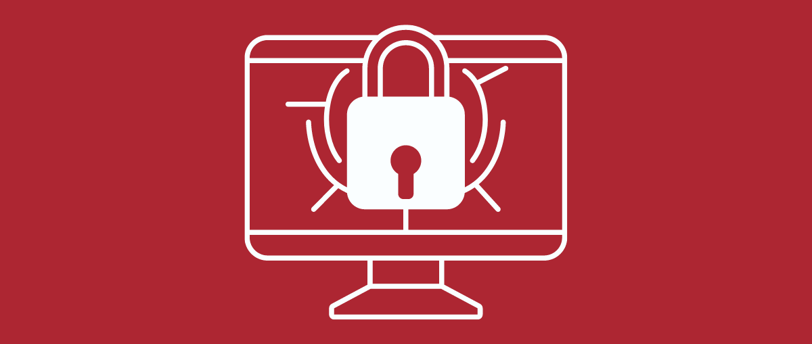The Danger of Unchecked Access: Understanding Who Can See What in Your Clinic
In the healthcare industry, patient data security is paramount. This blog post sheds light on the often-overlooked risks of not managing who has access to what kind of patient information within a healthcare facility. It elaborates on the dangers of unchecked access—from data breaches to legal repercussions—while highlighting the importance of HIPAA compliance. An Employee Access Worksheet is included to help clinics maintain secure control over data access. Discover why understanding staff access isn't just best practice—it's a legal necessity.
Dr. Frances Robbins
9/6/20232 min read


Today, efficiency often takes precedence over meticulous security protocols. While crucial, this focus on swift service delivery should never come at the expense of safeguarding patient data. With multiple staff members using various systems to care for patients, knowing who has access to what information is vital. HIPAA, the Health Insurance Portability and Accountability Act, explicitly mandates the secure handling of sensitive patient information, making it a legal necessity.
The Perils of Uncontrolled Access
Lack of control over who can access different types of patient information poses a series of risks to healthcare facilities:
Data Breach: When unauthorized personnel gain access to confidential patient data, the chances of that information being misused or leaked rise exponentially. These leaks can occur through careless sharing or outright theft. Once data leaves the secure environment, tracking it becomes nearly impossible, often leading to irreversible damage.
Legal Consequences: Ignoring or failing to properly implement access controls directly violates HIPAA regulations. Such lapses could subject the clinic to severe fines, audits, or criminal charges. Legal actions can financially burden a healthcare facility, potentially causing it to shut down operations temporarily or permanently.
Damage to Reputation: Public disclosure of a data breach can lead to a severe erosion of trust among patients and stakeholders. Restoring a clinic's reputation after such an incident is long and arduous, requiring significant investments in public relations and improved security measures. In extreme cases, a damaged reputation could lead to a complete loss of clientele.
Operational Chaos: Staff members accessing areas of the system they aren't trained for can lead to administrative and clinical errors. For instance, an administrative staff member accidentally altering medical records could lead to incorrect diagnoses or treatment plans. These errors can compromise patient care, creating a cycle of inefficiency and inaccuracy within the healthcare system.
The Role of HIPAA
HIPAA establishes federal standards for the secure handling of medical information. The law mandates that healthcare organizations must put into place physical, technical, and administrative measures to protect patient data. Failure to adhere to these guidelines can lead to civil and criminal penalties that range from $100 to $50,000 per violation (or per record), with a maximum annual penalty of $1.5 million for repeated violations of the same provision.
Your Action Plan: Employee Access Worksheet
To address these concerns, you can employ a straightforward worksheet that tracks which staff members have access to what information.
Build your worksheet with five columns. Title each column: "Employee Name," "Role," "Access Level," "Authorized by," "Date of Authorization." Then, add rows for each employee.
How to Use This Worksheet:
Employee Name: Specify the staff member's complete name.
Role: Note the job title, such as Nurse, Admin, or Physician Assistant.
Access Level: Define the tier of access, which could be Basic, Intermediate, or Full, the employee possesses.
Authorized by: Identify the person who approved the level of access
Date of Authorization: Record the day the authorization became effective.
A periodic review and update of this worksheet will allow you to maintain secure control over who accesses sensitive patient information within your clinic.
The stakes are high when it comes to managing access to patient data. Non-compliance with HIPAA regulations can bring about dire consequences for healthcare organizations. Implement a robust system to monitor staff access rights and maintain an ongoing review process. Security isn't just a technical requirement; it's a trust factor between you and your patients. Therefore, take every measure to safeguard their confidential information.
Frances Robbins, DBA, MIH, MSN, APRN-PMHNP-BC
USAF Veteran | Over 20 Years in Mental Health Expertise | Turning Vision into Exceptional Practices


